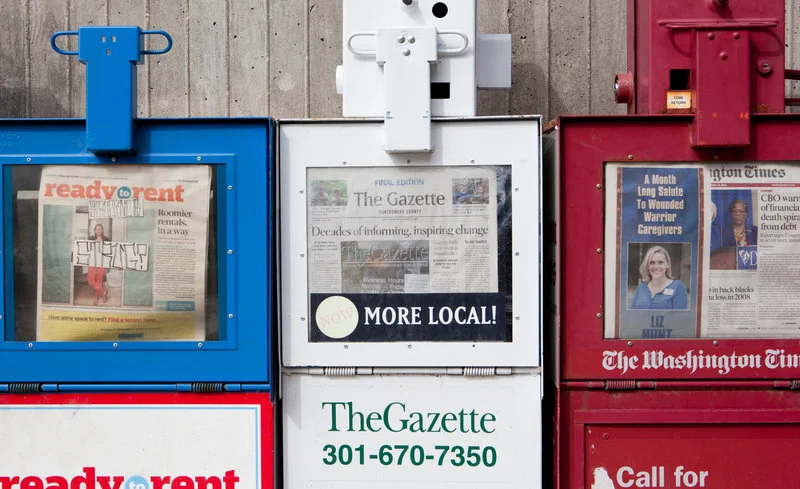Uncertain End to Atypical Funding Negotiation By Luke Perry
The conference committee tasked with resolving differences over border security reached agreement on Monday to fund the Department of Homeland Security. The deal provides $1.3 billion for physical barriers for 55 miles along the border. President Trump had requested $5.7 billion for 64 miles of wall.
The deal funds 40,520 detention beds for ICE (Immigration and Customs Enforcement), a reduction of approximately 17 percent. The number of beds was a sticking point. Democrats wanted these resources to target undocumented immigrants suspected of violent crimes, not undocumented people at large.
Richard Shelby (R-AL), Senate Appropriations Committee Chairman and lead negotiator for Republicans, said “the White House has been consulted all along” and noted he was given “latitude” to negotiate for the administration. President Trump initially claimed to be unhappy with the agreement, then suggested it was unlikely there would be another shutdown, and praised Senator Shelby, implying he will sign the related bill.
This negotiation process was atypical. Presidents are the leaders of their political party and typically set and pursue a legislative agenda in conjunction with their leaders in Congress.
Photo by Tom Williams/Roll Call
President Trump was not directly involved in negotiations as Democratic and Republican leaders requested. “I think the conferees ought to reach an agreement,” McConnell explained, “and then we’ll hope that the president finds it worth signing.” Senate Minority Leader Schumer (D, NY) expressed similar sentiment in more critical fashion, citing Trump’s interference as an impediment to previous budget negotiations, and encouraging the president to stay out of this one.
Republican Congressional leaders displayed little interest in funding additional walling, which did not happen during two years of unified Republican government. Senate Majority Leader Mitch McConnell (R, KY), for instance, clearly opposed another government shutdown and prioritized securing a funding deal over pursuit of the president’s policy objectives.
President Trump expressed skepticism a deal would materialize and asserted the wall would be built regardless. Trump has stated for months the wall is already being built (examples here & here), which is not factually accurate.
Photo by Joe Raedle/Getty
The president Tweeted regularly about the situation, typically in critical fashion of Democrats. Trump has revolutionized the use of Twitter as president, adopting an unprecedented following and employing a 24 hour, predominately negative tone. The president has also regularly held campaign rallies throughout his presidency, including one on Monday in the border town of El Paso.
In this way, the president publicly articulated his views on this unfolding situation at a distance, in a manner displeased that Congress was negotiating and what they agreed to. Still, the president is unlikely to veto the final bill because that would shutdown the government and undercut fellow Republicans in both chambers who produced and/or voted for the bill. Trump is also likely to pursue additional wall funding elsewhere, given his policy demands were not met, perhaps using executive action to somehow reallocate funds to the build additional walling. When and how will be the new focus in the days and weeks ahead.
Luke Perry (@PolSciLukePerry) is Chair and Professor of Government at Utica College







